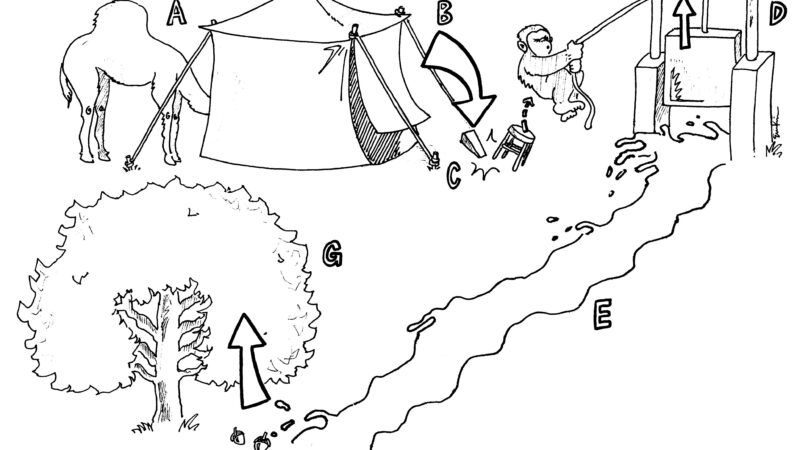Slippery Slope Counterarguments in History: Justice Holmes

From Justice Holmes' dissent in Panhandle Oil Co. v. Knox (1928), an argument that the Court shouldn't worry too much about slippery slope concerns:
[C]ertain dicta of Chief Justice Marshall [about prohibitions on certain forms of taxation] … were founded upon his often quoted proposition that the power to tax is the power to destroy. In those days it was not recognized as it is today that most of the distinctions of the law are distinctions of degree. If the States had any power it was assumed that they had all power, and that the necessary alternative was to deny it altogether.
But this Court which so often has defeated the attempt to tax in certain ways can defeat an attempt to discriminate or otherwise go too far without wholly abolishing the power to tax. The power to tax is not the power to destroy while this Court sits. The power to fix rates is the power to destroy if unlimited, but this Court while it endeavors to prevent confiscation does not prevent the fixing of rates. A tax is not an unconstitutional regulation in every case where an absolute prohibition of sales would be one.
